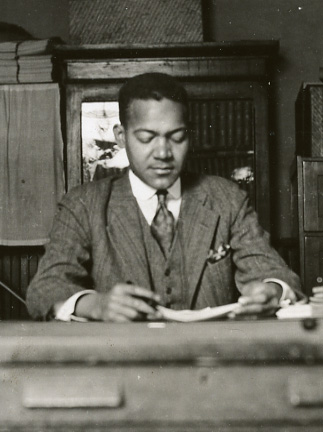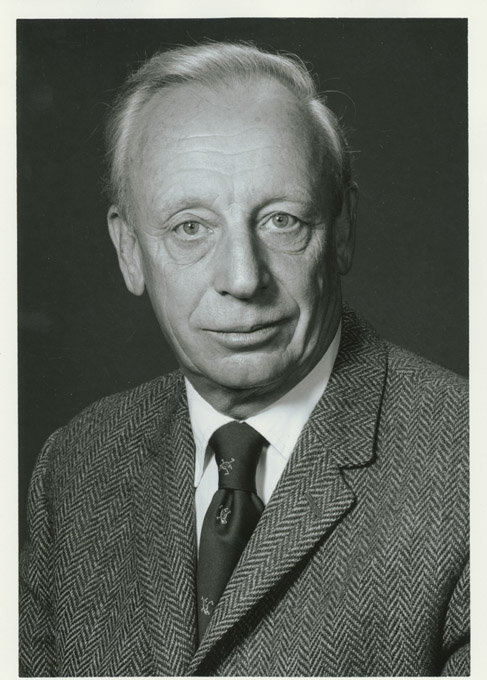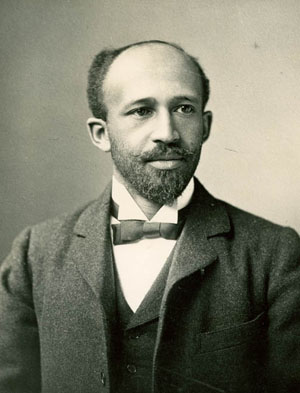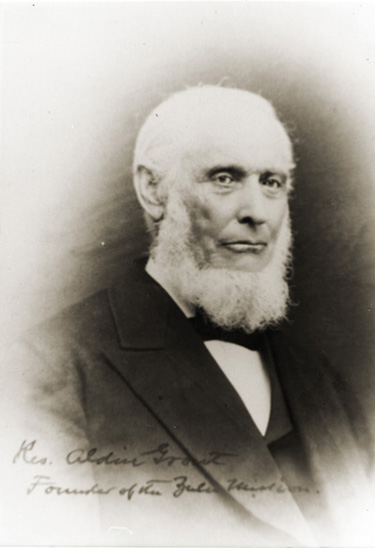Africa-America Institute Records
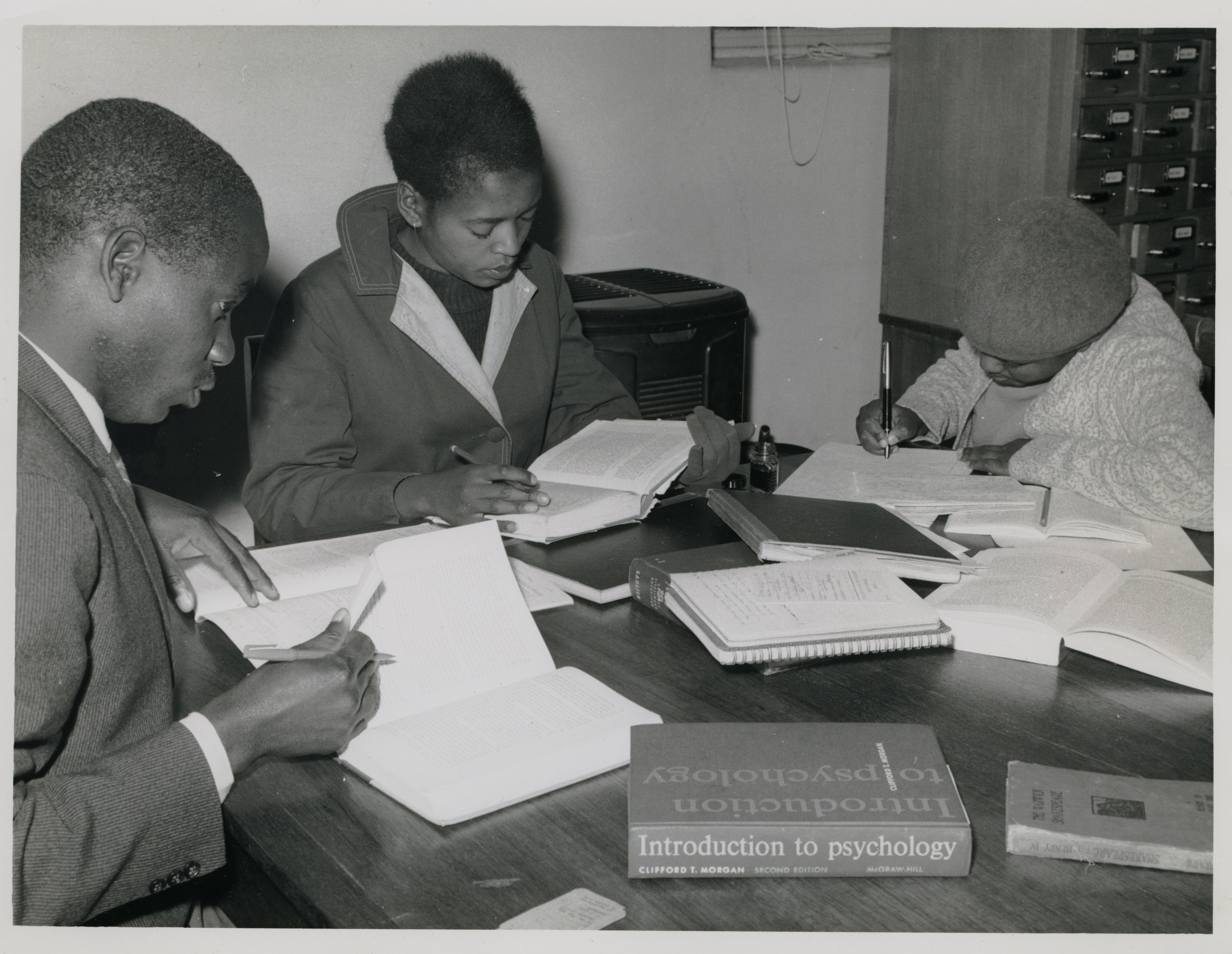
Temporarily stored offsite; contact SCUA to request materials from this collection.
Founded in 1953 by a multi-racial collective of educators including Horace Mann Bond, then President of Lincoln University, and William Leo Hansberry, a professor of history at Howard University, the Africa American Institute has encouraged and supported African students in pursuit of higher education in the United States. From its early years, AAI provided financial and social support for African students studying in the U.S., but it has expanded its activities in scope with the goal of helping to building leadership for Africa within the academic, professional, business, and policy making classes. It has become a vibrant intellectual center for developing human capacity, drawing together thought leaders, researchers, and entrepreneurs interested in issues relating to the continent.
A massive body of material documenting the history of the AAI from its founding in the early 1950s to the present, the collection is a remarkable resource for study of American relations with Africa as the continent emerged from colonial domination. With a focus on the history of educational support and exchange between the continents, the collection contains a vibrant record of the growth of leadership in Africa.


